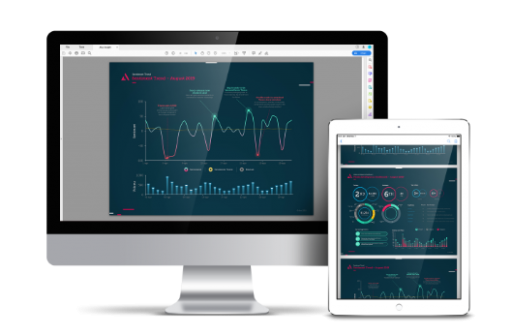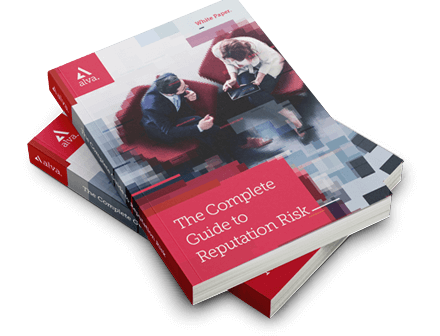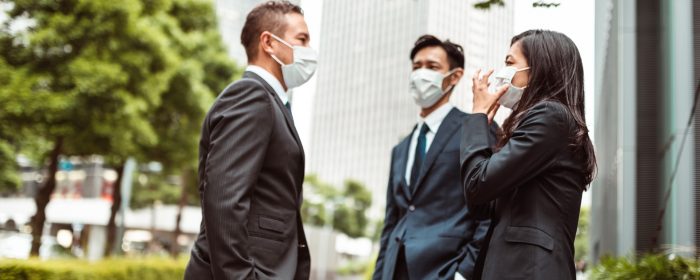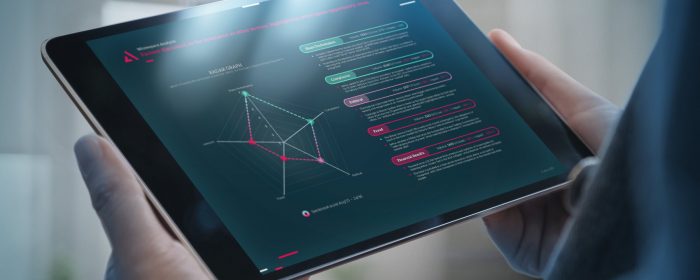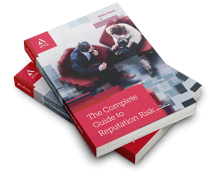What is reputational damage?
The definition of reputational damage
Reputational damage is the realisation of any source of reputation risk facing an organisation or an individual. It can be caused by any number of issues but ultimately its source is a negative shift in perceptions from a stakeholder group linked to their perceptions of the company’s behaviour, performance or communications.
Reputational damage often results from a gap between what a company says and what it is perceived to have done. This can encompass a wide range of issues including but by no means limited to: regulatory breaches, CEO misbehaviour, employee indiscretion, cyber attacks, damning consumer reviews or critical social media posts.
How a company responds to the damage then determines the severity of the reputational impact. Failure to clearly communicate with stakeholders about the situation, the inability to halt negative media coverage, and/or the lack of an effective and immediate response can all result in longer-lasting damage to a company’s reputation, which may ultimately cost enormous sums and many years to rectify.
The manifestation of reputational damage
Bankruptcy court records are scattered with examples of insurmountable reputational damage, but it doesn’t always end in disaster. Some organisations have shown themselves to be robust in the face of blows to their reputation, but even the most unassailable brand can be breached. However, the cost of a bad reputation can be very high.
Johnson & Johnson is a case in point. A household name, trusted by generations of families, the company has weathered reputational storms over the decades with a keen focus on stakeholders over shareholders, corporate social responsibility, and exemplary crisis management.
Yet over the last two years, the pharmaceutical giant has seen cracks appearing in its reputation. Lawsuits over tainted baby talc, blood thinner deaths and faulty pelvic mesh implants, and allegations over its role in the opioid crisis, have all taken a reputational toll, especially with the media and its once loyal customer base.
Each of these events resulted in a significant dip in J&J’s alva Reputation Score. Subsequent failure to bounce back to previous highs showed a loss of resilience due to background negativity. The alva Pharmaceuticals Reputation Index, which incorporates the point of view of all stakeholders, meanwhile, showed a steep decline for J&J. The company slid to 57th out of 58 companies in the aRI in 2019, from a top 10 spot in 2014.
While J&J’s reputational decline has been an incremental downward trend, an alternative model of reputational damage is evidenced by Boeing, which spiralled into reputational crisis following tragic events. The 346 fatalities in the Lion Air and Ethiopian Airlines accidents resulted in the grounding of all Boeing 737 Max 8 aircraft, and legal proceedings by victims’ families.
The aerospace company’s reputation might have recovered from the Lion Air crash, and indeed appeared to be doing so. But the Ethiopian Airlines event 132 days later has proved far tougher to recover from. The manufacturer has experienced an overwhelmingly negative news cycle in the 14 months since and is potentially facing lost revenue in the order of billions of dollars when the final costs are calculated.
Neither of these examples are irrecoverable, and both companies are working hard to limit and undo the reputational damage they have suffered, but both will take time to rescale their previous reputational heights.
The Covid-19 effect
Boeing’s, and the entire aviation industry’s, woes, have been thrown into sharper focus by the advent of Covid-19 and subsequent pandemic. The impact of Coronavirus on the business community as a whole, and specific sectors within it, has held up an exceptional lens to their actions. It has redrawn the reputational landscape, and when the cost is counted, stakeholders will remember how individual businesses responded in the face of the pandemic.
In the immediate aftermath of the outbreak, there was intense scrutiny of the way that different organisations reacted, and far greater emphasis on their perceived corporate social responsibility than might have been the case in more typical times.
Heroes and villains were lauded and shamed, with the goalposts for socially conscious behaviour shifting on a near-daily basis as events unfolded. When in late March supermarket giants Tesco and Aldi announced they would pay an extra 10% in ‘danger money’ to staff on the retail frontline, they were hailed by unions and consumers. Fewer than 10 days later, M&S threw shade on its competitors by hiking staff pay by 15%. Tesco’s scheme suddenly appeared less generous.
An even starker comparison was possible between John Lewis and partner brand Waitrose, when the latter revealed it expected staff to make up hours taken off work while in self-isolation, unpaid. John Lewis, meanwhile, authorised self-isolation as paid absence. The supermarket chain quickly realised its mistake in the face of employee outcry and media condemnation, and made an abrupt U-turn.
One-upmanship aside, in the main organisations across all industries responded in an authentic, appropriate way, doing the ‘right thing’ rather than taking actions designed to boost their reputations. Switching stills to produce hand sanitiser rather than gin, modifying manufacturing plants to make ventilators instead of cars, or simply paying staff out of savings not profits, were acts of altruism rather than PR stunts. And any reputational benefit will be a by-product rather than a driver.
The arms race of altruism is not, however, being fought on a fair battlefield. Some businesses are in a far better position to act with largesse than others. While food retailers have seen profits swell thanks to the need for lockdown groceries, the hospitality and travel sectors are on a far tougher road. TUI and Ryanair are taking reputational damage for offering travel vouchers instead of holiday refunds. With customers feeling the pinch, this is an unpopular, as well as arguably illegal, practice.
The cost of reputational damage
In the face of greater scrutiny, and alongside the proactive, visible efforts of other sectors, some companies may suffer reputational damage for simply trying to stay afloat, and keep jobs available for furloughed staff. It is a difficult balancing act, and reflects the shift in the dominance between stakeholders in the post-outbreak economy. For many organisations, shareholder priority has given way to consumer power, and employee need. Financial institutions epitomise this, offering mortgage holidays, keeping essential branches open, and facilitating home working on a grand scale.
Now that the next phase of the pandemic is upon us, businesses are beginning to better understand their economic liability and future prospects in light of the global impacts of the virus. Tougher decisions are going to have to be made and harder lines taken, each of which involves a reputational trade-off.
Whether heightened or mitigated by their actions during the global crisis, the cost of reputational damage should be high on every business’s agenda. It will show up on its financial statement, linked to falling share price and reduced profits. It increases liquidity risk, impacting stock price and cutting market capitalization. It will certainly result in loss of customers and falling sales. It can undermine employee retention, and make it hard to recruit new talent, increasing staffing costs and hitting operating margins.
And as we enter into an increasingly uncertain times, greater scrutiny and higher standards of accountability in the wake of Covid-19 are likely to mean that the cost of reputational damage – and therefore the needs to prioritise managing reputational risk – assumes a greater prominence and impact than at possibly any time previously. And while that may seem a bleak pronouncement, it is important to remember that for every company that experiences reputational damage, another can leverage reputational opportunity through a careful consideration of stakeholder expectations as part of its enterprise risk management processes.
Be part of the
Stakeholder Intelligence community





